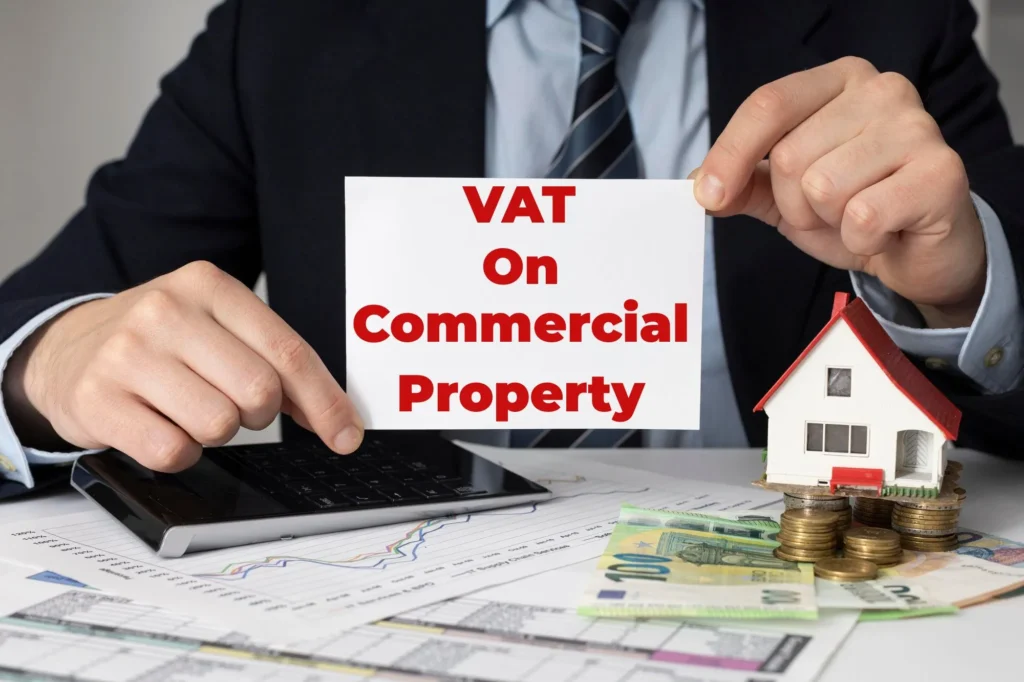
Article by Gideon Muturi.
The Court of Appeal, in Civil Appeal No. 65 of 2019; Kenya Revenue Authority v. David Mwangi Ndegwa, has delivered a significant Judgement regarding the applicability of Value Added Tax (VAT) to the sale of commercial property. This decision overturns the earlier Judgement of the High Court and provides clarity on when VAT is chargeable on real estate transactions.
The Judgement highlights the importance of a strict interpretation of tax statutes and has major implications for property developers, investors, and the Kenya Revenue Authority (KRA).
The Key Highlights of the Judgement are as follows:
- VAT is Chargeable on the Sale of Commercial Property. The Court of Appeal held that VAT applies to the sale of commercial buildings where the seller is a registered VAT taxpayer and the transaction qualifies as a taxable supply under the VAT Act, 2013. This Judgement clarifies that such sales are not automatically exempt from VAT.
- Land and Residential Property Remain Exempt.The Judgement reaffirmed that the sale of land and residential buildings does not attract VAT, as they do not meet the statutory definition of taxable supplies under the VAT Act.
- Strict Interpretation of Tax Laws. The Court emphasised that VAT can only be levied where expressly provided by law, reinforcing the principle that tax obligations must be clearly set out in legislation and not inferred. It also affirmed the position that tax legislation must be strictly interpreted and/ or construed.
- Impact on Real Estate Transactions. The appellate court’s decision resolves uncertainties regarding VAT on property sales, ensuring clarity for property developers, buyers, and tax authorities.
The Court of Appeal Judgement provides much-needed certainty in the real estate and taxation sectors. The purchase of residential property remains VAT-exempt, ensuring stability in housing costs. Property developers and investors dealing in commercial property must now factor in VAT liabilities, which may impact pricing, financing, and investment strategies. On the other hand, businesses and landlords engaged in commercial property transactions will need to account for VAT obligations, affecting lease agreements and the cost of acquiring business premises.
For the KRA, the Judgement clarifies the taxation of real estate transactions while setting clear legal boundaries. It affirms that VAT can only be imposed where statutory provisions explicitly permit, ensuring that taxpayers are not subjected to arbitrary tax demands.
Way Forward: Need for Supreme Court Determination
Given the conflicting judicial interpretations on VAT application to commercial property in past rulings and Judgements, it is crucial that this matter be escalated to the Supreme Court. A final determination by the highest court would resolve the inconsistencies and provide uniform guidance on real estate taxation. This would bring much-needed clarity and predictability for investors, developers, buyers, and tax authorities, ensuring a stable legal framework for future property transactions.
Notice: The content of this alert is intended to be of general use only and should not be relied upon without seeking specific legal advice on any matter.
edited by Amy Maina.

Leave a Reply